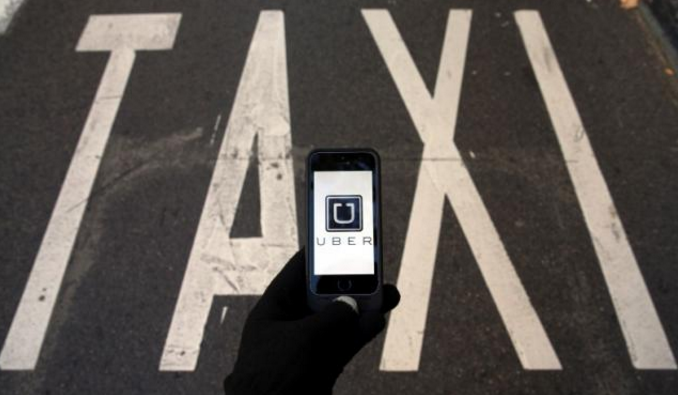Didi and Uber, competing ride-hailing firms in China, are ramping up their operations with new funding and market expansion plans.
Uber announced on Tuesday the launch of its services in the central and southern provinces of Hubei, Hunan and Guangdong, making it accessible to more than 55 Chinese cities. Previously Uber had plans to cover 100 Chinese cities, making the country its largest market globally.
Similarly, Didi has announced its plans to with work China Merchants Bank, which would help it in funding. Both the companies would work together focusing on mobile payment and auto finance.
Didi, which was launched early in 2015, was able to raise tens of billions of U.S. dollars from investors throughout the world. Some of them included Alibaba, Temasek, China Investment Corp. and Ping An Ventures, among others.
On the other hand, Uber is generating funds to continue its operations in China by having Guangzhou Automotive Group, Baidu, HNA Group and Vanke, among other, as its investors.
Both Uber and Didi have progressed and expanded their operations over the last year. Currently the cost of Uber's operations in China is valued at $8 billion, whereas Didi is valued at $16.5 billion, reported China.org.cn.
However, there has been growing concern among authorities regarding the overwhelming use of these ride-hailing apps. The companies are often accused of causing traffic congestion in big cities.
In addition, local government officials have often raided offices of both Didi and Uber and have taken harsh measures against unlicensed drivers using their private cars with the help of the apps, reported Reuters.
Meanwhile, analysts believe that this significant growth is indicative of the rise of shared economy in china.
In recent times, Uber has been facing tough competition from Didi, which announced to be the present "market leader" in the cities it operates. It covers 90 percent share in the country's biggest city, Beijing, reported Forbes.
However, Uber has been keeping up with the competition from investing profits as much as $1 billion from other cities around the world into China.



























